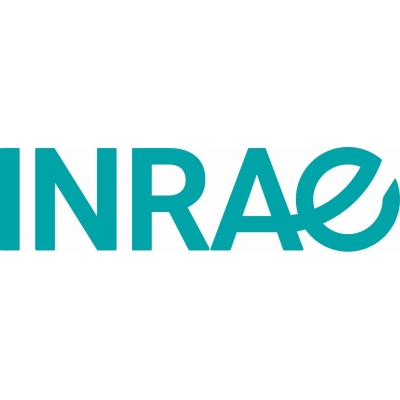National Research Institute for Agriculture, Food and Environment
France

The National Research Institute for Agriculture, Food and Environment (INRAe) is France's new National Research Institute for Agriculture, Food and Environment, created on January 1, 2020, It was formed by the merger of INRA, the National Institute for Agricultural Research, and IRSTEA, the National Research Institute of Science and Technology for the Environment and Agriculture.
The research activities of the BRESOV project will be carried out at the IPS2 - Institute of Plant Science. IPS2 is a leading Institute in Plant Sciences in France located in the dynamic campus of University Paris-Saclay. IPS2 has state-of-the-art facilities for plant phenotyping with a recent greenhouse, chambers compatible with pathogen tests and growth rooms where various environments can be reproduced. IPS2 is also equipped with epigenomic, transcriptomic and metabolomic platforms.
Role of National Research Institute for Agriculture, Food and Environment in BRESOV
The Geffroy group has a long history in common bean disease resistance gene mapping, mainly with the fungus Colletotrichum lindemuthianum, but also with the bacteria Pseudomonas syringae pv. phaseolicola and the virus Bean pod mottle virus. Recently, the group was involved in the sequencing of the common bean genome and adapted Virus Induced Gene Silencing (VIGS) functional validation tool to common bean and pea. In BRESOV, they will work on disease resistance genes against pathogens in common bean. In that context, disease resistance genes will be identified and molecular markers linked to them for Marker Assisted Selection will be developed.
